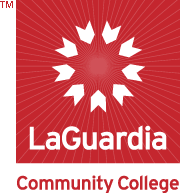
Publications and Research
Document Type
Article
Publication Date
10-2020
Abstract
This essay explores ways faculty in the humanities may guide students through current manifestations of populism, specifically, this movement’s encouragement of xenophobia. As a member of an English department at a public community college in the United States, I argue, first, that community college students, who often have deep personal connections to the experiences of immigrants, may respond to the anti-immigrant rhetoric in useful and provocative ways. Second, I suggest that the related history of anti-immigration sentiment in American politics since the beginning of the 20th century can provide students with a powerful context for understanding xenophobia today. Third, I propose that students can participate in online exchanges across national and cultural borders, an experience that can foster global literacy and encourage them to develop a deeper understanding of others, something students in a recent exchange between Johannesburg and New York City described as ubuntu.

Comments
Originally published in English Studies in Africa, Vol. 63, no. 1, October 2020